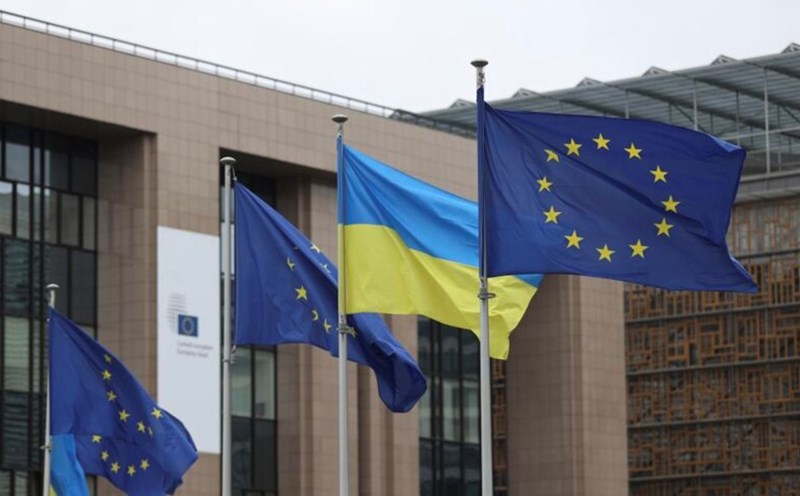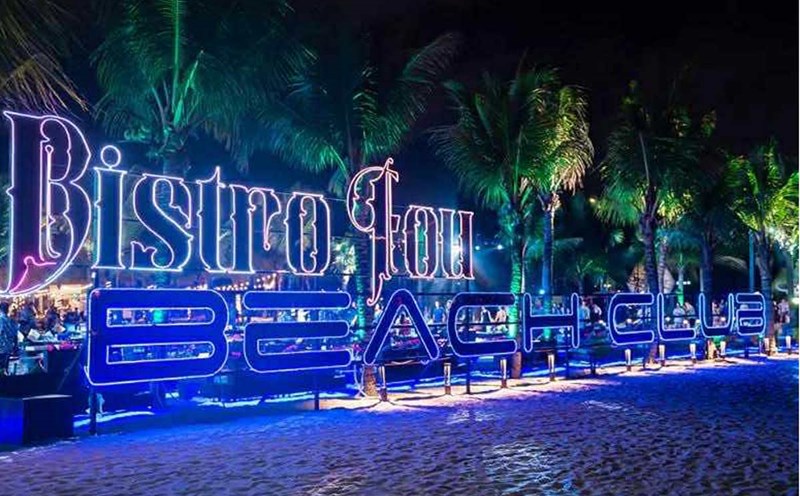Speaking at an international forum in Moscow, Foreign Minister Lavrov said that the EU is gradually becoming a military-political alliance while it was initially established as an economic alliance with the aim of improving peoples lives in the socio-economic aspect.
The Russian Foreign Minister also pointed out an agreement signed between NATO and the EU, in which EU member states not in the US-led military bloc are still obliged to allow NATO troops and equipment to pass through their territory to move to the eastern front when necessary.
Mr. Lavrov affirmed that such an arrangement means that EU countries are directly participating in the preparation process for the war against Russia.
The line between the military and the economy has become increasingly blurred after EU member states approved a plan last month, borrowing a total of 150 billion euros ($170 billion) to invest in the defense sector, including arms production and military equipment procurement.
The EU's initiative has also been strongly condemned by the Russian government, describing it as a continuation of the bloc's hostile and Militarized policies. Russian officials warned that the increase in spending amounts to "inciting war on the European continent".
Meanwhile, Russia has repeatedly stressed that it has no intention of attacking any EU country, rejecting Western accusations that Russia is a potential threat to the continent.
On June 23, speaking to military academy graduates, President Vladimir Putin affirmed that the West intentionally "made a scary story" about Russia's attack, to provoke a new arms race.










